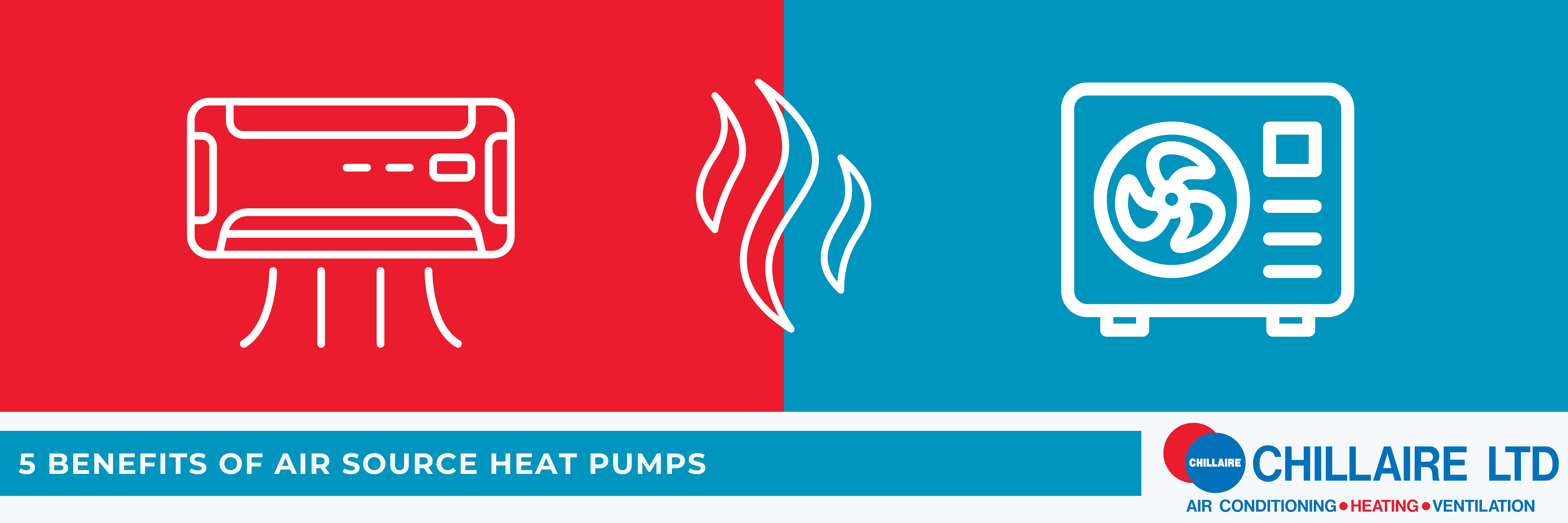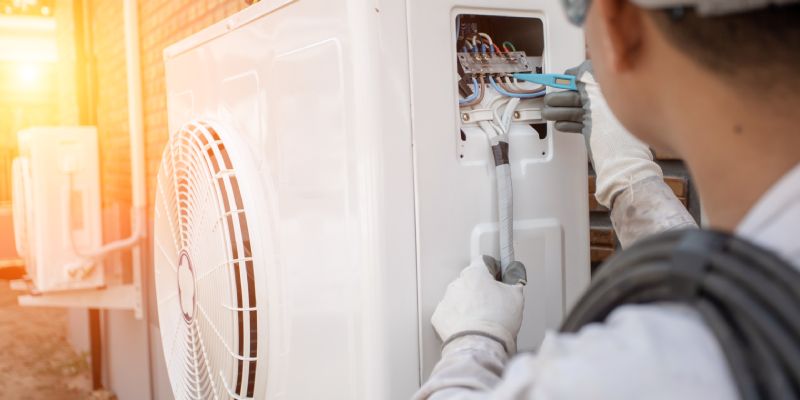
5 Benefits of Air Source Heat Pumps
With the rise of environmentally friendly heating options, air source heat pumps are becoming more common for industrial application. Their sustainability and energy efficiency makes them a popular choice for heating solutions in commercial properties.
Within this article, we will discuss five benefits of air source heat pumps and how Chillaire can help with your heating requirements.


 How to Choose the Right Commercial Heating System
How to Choose the Right Commercial Heating System

